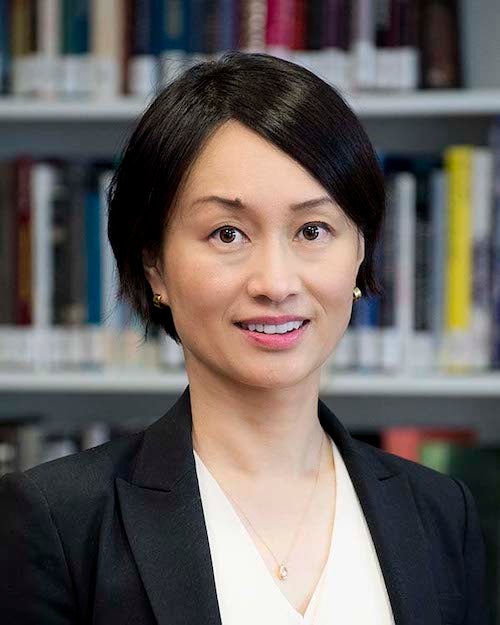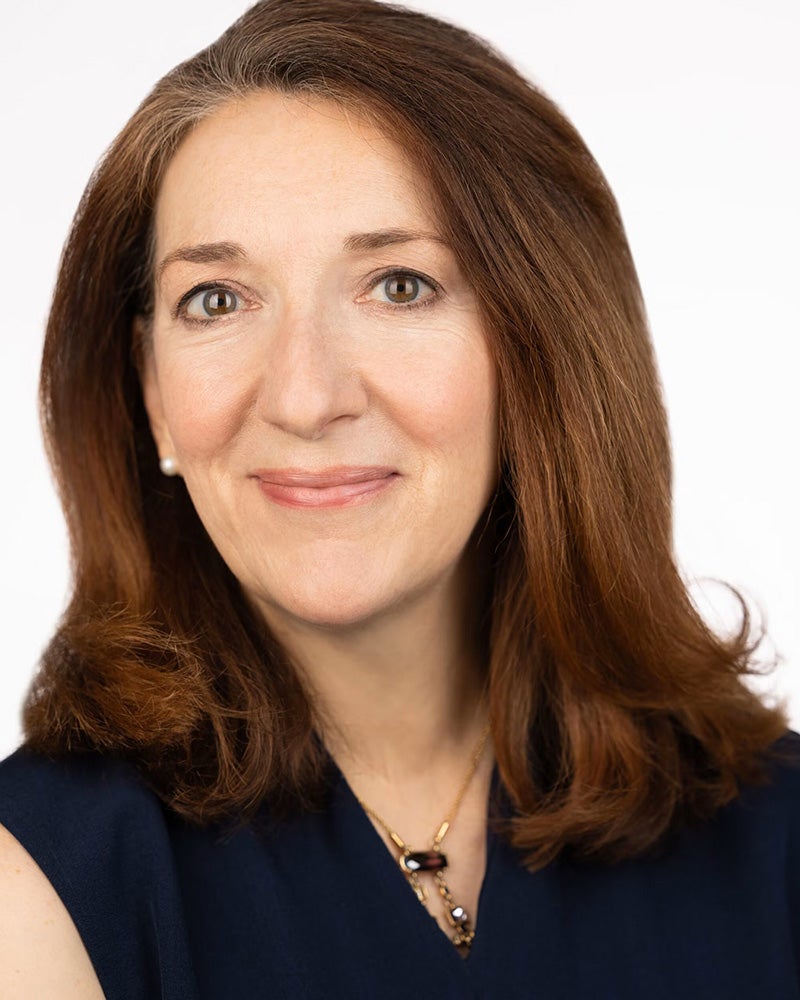School of Health Adds New Graduate Programs; Expands to Capitol Campus
(August 11, 2025) — As the School of Health begins its fourth academic year, it does so with new programs, a second campus and aspirations to advance the school’s mission.
“In just three years since our school’s founding, we have achieved remarkable progress,” says Dean Christopher J. King, PhD, MHSc, FACHE. “We have recruited new talent, increased our educational portfolio with five additional graduate programs, expanded undergraduate enrollment, launched new initiatives and centers, and developed partnerships with universities and health institutions throughout the world.”

Christopher J. King, PhD, MHSc, FACHE
Starting this fall, students pursuing global health degrees will find undergraduate and graduate options in the global health department with the addition of programs. They include the Master of Science in Global Infectious Disease, the PhD in Global Infectious Disease and Master of Science in Global Health. With these options, the department now provides a comprehensive educational home that unites undergraduate and graduate students with expert faculty across all levels of global health training.
“Our Department of Global Health has been a pioneer in global health education, launching one of the nation’s first undergraduate programs two decades ago and conceptualizing and implementing a Master of Science in Global Health a decade later,” says Jennifer Huang Bouey, MD, PhD, MPH, professor and chair of the Department of Global Health. “Simultaneously, the department has assembled a diverse faculty with expertise spanning health, public health, economics and policy/law.

Jennifer Bouey, MD, PhD, MPH
Another addition to the School of Health is the Master of Science in Addiction Policy & Practice.
“Georgetown University is a national leader in educating the next generation of leaders in the addiction policy field,” says the program’s director and professor, Regina LaBelle, JD. “By joining Georgetown’s School of Health, our students and alumni will be supported by a community of scholars dedicated to improving the well-being of our country.”

Regina LaBelle, JD
Rounding out the new offerings this fall is the Human Factors in Healthcare Executive Certificate, offered in collaboration with MedStar Health.
“Lessons learned are inspiring new degree offerings and continuing education pathways,” King says. “For example, as we reflect on the effects of climate change and the predictions associated with it, a workforce with competencies at the intersection of climate, environment and health is needed.”
To respond to the need, in the fall of 2026, in partnership with Earth Commons, the School of Health will launch a joint interdisciplinary Master of Science in Climate, Environment and Health.
King points out that the new programs, and future ones, align with the school’s mission — to advance the health and well-being of people locally, nationally and globally through innovative research, interdisciplinary education and transformative engagement with communities.
Starting this fall, SOH graduate programs will begin transitioning to the Capitol Campus at 111 Massachusetts Ave., NW. The newly renovated space includes hi-tech workstations for group projects, dedicated classrooms, convening space for special events, and access to university support services.
“We’re also so very proud that our school secured the first large gift to support the Capitol Campus,” King says. “The main entrance of the building will be named the West Family Lobby after Kenneth West II (G’09), a School of Health advisory board member and alum of a School of Health graduate program.”

An architect’s rendering of the 111 Massachusetts Ave. building entrance
King notes that West and the additional members on the Board of Strategic Advisors facilitate generative dialogue to inform the school’s growth plan in a world that is constantly changing.
“These dedicated advisors invest their time and resources to help take us to the next level, and we are tremendously grateful,” King says.
King also credits the people of the School of Health for its ongoing success.
“Our growth would not be possible without the hard work and dedication of the faculty, staff and students who have a shared vision for a brighter tomorrow,” he says.


